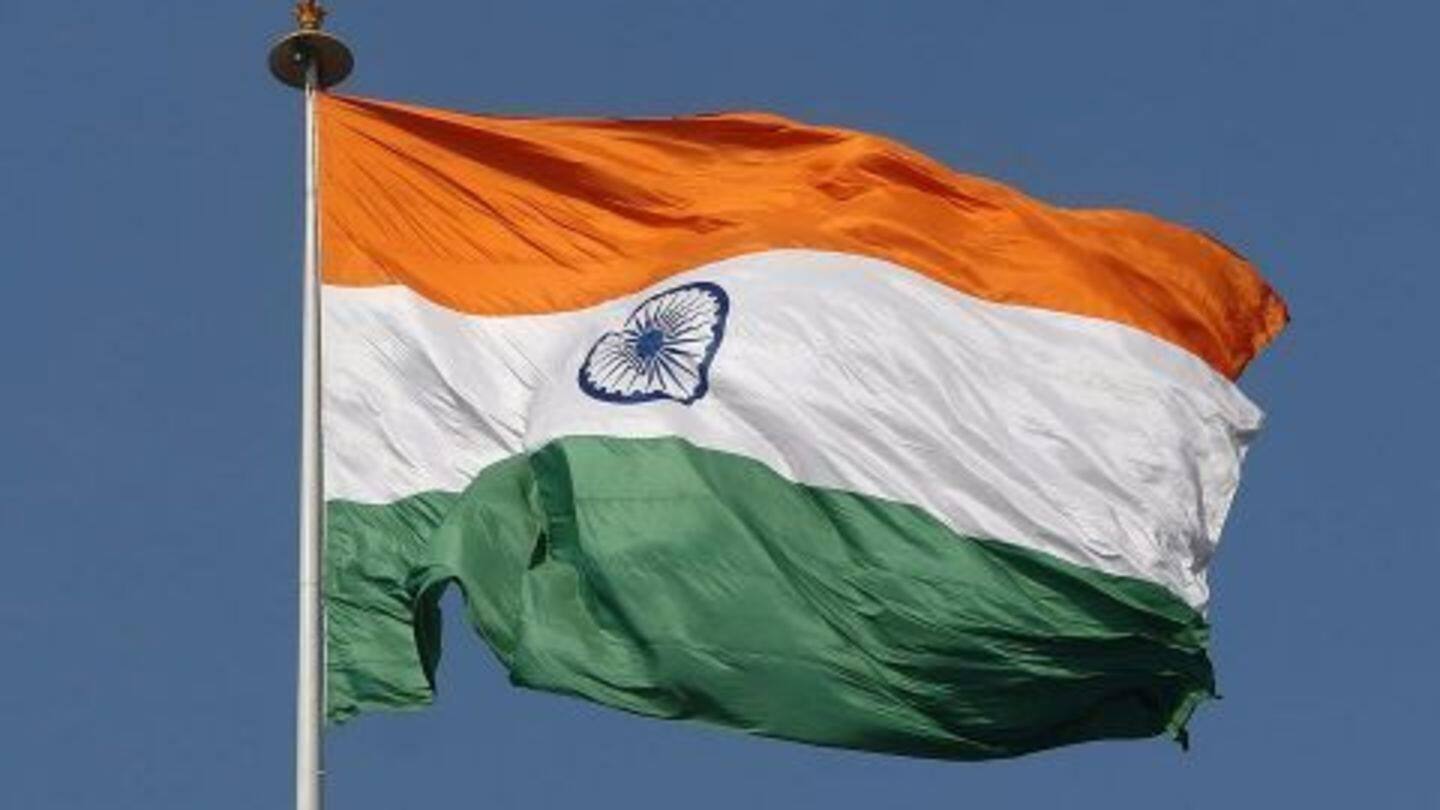
India celebrates 69th year of Independence
What's the story
Today India celebrates its 69th Independence day, the day when it achieved freedom from British rule. Addressing the nation on the eve of the Independence day, President Pranab Mukherjee said that the most precious gift of our constitution was democracy. He said, "Our economy promises much hope for the future. The new chapters of the 'India Story' are waiting to be written."
1950
Drafting the Constitution of India
The Republic of India is governed in terms of the Constitution of India which was adopted by the Constituent Assembly on 26 November 1949 and came into force on 26 January 1950. The Constitution of India lays down the framework establishing the structure, procedures, powers and duties of government institutions and sets out fundamental rights, directive principles and the duties of citizens.
1960
Ushering of Green Revolution
Green Revolution in India was a period during which agriculture in India increased its yields due to improved agronomic technology. The Revolution, spreading over the period from 1967 to 1978, changed India's status from a food-deficient country to one of the world's leading agricultural nations. It also created plenty of jobs for agricultural workers as well as industrial workers by creation of related facilities.
1970
Entering the nuclear club with Pokhran test
With the 1st Pokhran test in May 1974, India became the first nation outside the five permanent members of UN Security Council to test nuclear weapons. The nuclear tests codenamed 'Operation Smiling Buddha', tested a thermonuclear device in the Pokhran firing range in Rajasthan. The scientists that had produced it - Sethna, Ramanna, and Nag Chaudhuri became national heroes and were awarded Padma Vibhushan.
1980
Starting of Telecom revolution
India's telecommunications boom was heralded by the government under Rajiv Gandhi in 1980s with the assistance of Sam Pitroda, his Chief Technology Advisor. In 1984, the private sector entered the telecommunication equipment manufacturing industry. in 1986, the Mahanagar Telephone Nigam Ltd (MTNL) and Videsh Sanchar Nigam Ltd (VSNL) were founded. The Telecom Commission was set up in 1989.
1990
Introducing LPG-Liberalization, Privatization and Globalization
In 1990s, the government took a series of measures to restructure the economy and deal with financial crisis. The new policy included liberalization (internal and external), extending privatization, and globalization of economy, in short LPG. The opening-up of the economy through reforms led to an increase in foreign direct investments and had influenced the overall economic growth of the country in a significant manner.
2000
Strengthening the IT revolution
Though the seed of IT revolution was laid in the 1980s, it was 2000s that saw the boom of the industry with the New Telecommunications Policy 1999 and the Information Technology Act 2000. With increase in growth of the industry, Bangalore, Hyderabad, Chennai etc. became the IT hubs of the country. Dominant in outsourcing sector, IT has generated massive employment opportunities for the youth.
2010-date
Launching the Mission to Mars
Mars Orbiter Mission, also called Mangalyaan is a space prove orbiting Mars since Sep 2014. It was launched by ISRO in Nov 2013. India is the only nation so far to reach Mars on its first attempt and the first Asian nation to do so. The total cost of the mission was about $74 million, making it the least-expensive Mars mission to date.